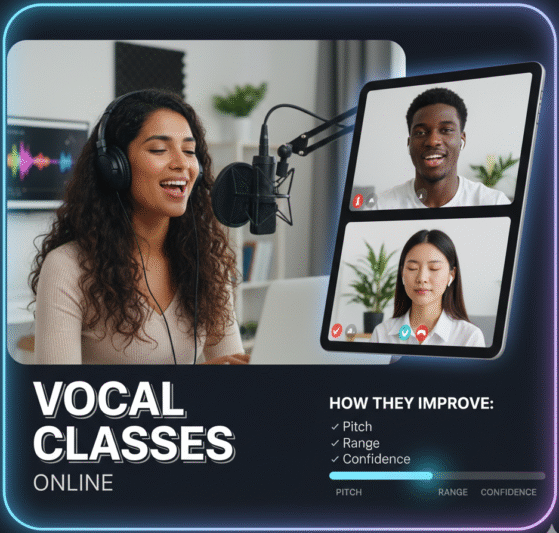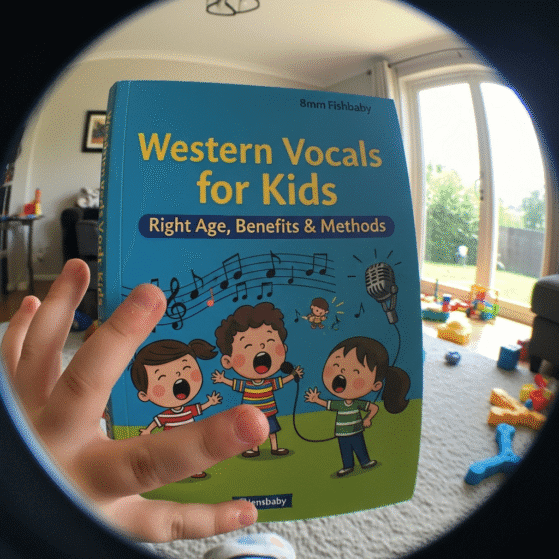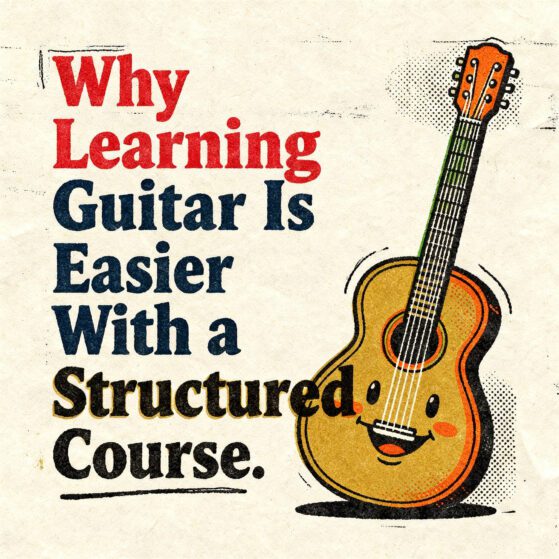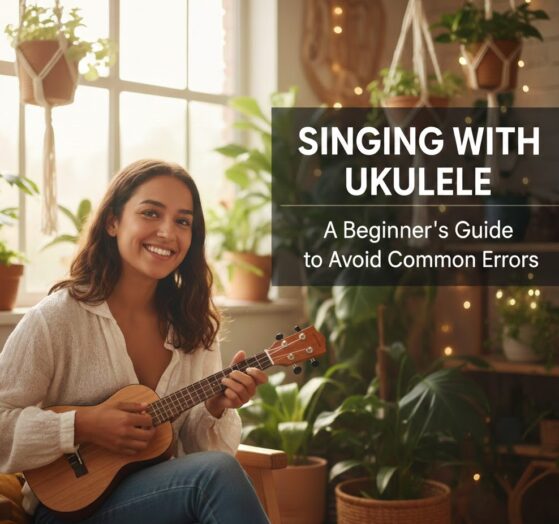The Cognitive Benefits of Playing an Instrument
Playing an instrument isn’t just an artistic pursuit—it’s one of the most powerful workouts you can give your brain. Whether you’re learning piano at age 6 or picking up the guitar at 40, research shows that the cognitive benefits of playing an instrument are real and long-lasting, providing mental advantages that stay with you for life.
In this blog, we’ll explore the scientifically backed ways music enhances brain function, improves memory, and promotes mental well-being for learners of all ages.
1. Music Improves Memory and Retention
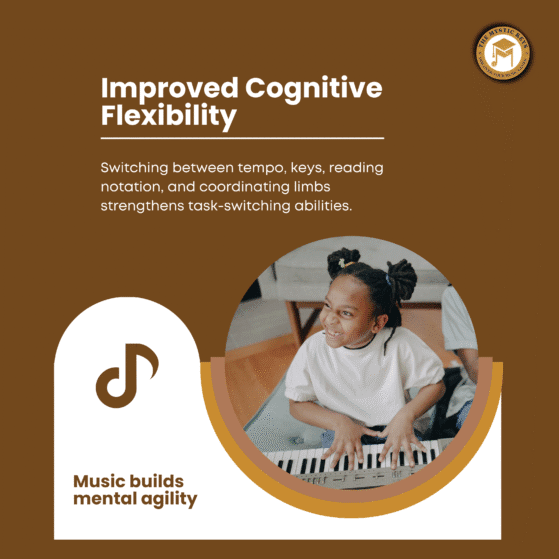
Musicians are constantly using memory—whether memorizing notes, chord progressions, or lyrics.
🧠 How It Helps:
- Strengthens short-term and long-term memory
- Boosts working memory, which helps in multitasking
- Enhances auditory memory, useful in learning languages
Fun fact: Studies show that children who study music perform better in verbal memory tests.
2. Playing an Instrument Enhances Focus and Concentration
Music demands full attention—reading notation, listening to timing, controlling finger movement—all at once.
🧘♂️ Key Benefits:
- Trains the brain to filter out distractions
- Builds discipline and patience
- Improves mental stamina over time
This kind of deep focus can positively affect school, work, and personal projects.
3. Boosts Mathematical and Spatial Reasoning Skills
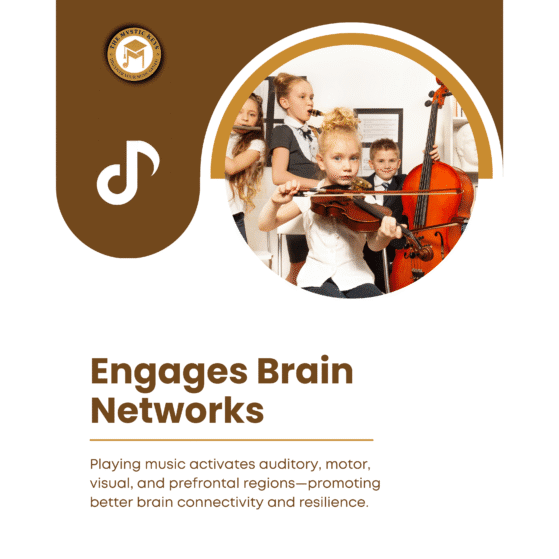
Reading music involves recognizing patterns, ratios, and timing—skills closely related to mathematics and geometry.
🔢 What It Improves:
- Rhythm counting = better numerical understanding
- Music theory = logic and problem solving
- Reading sheet music = visual-spatial awareness
This is why music learners often excel in STEM-related subjects.
4. Strengthens Emotional Intelligence
Playing an instrument helps people recognize, express, and regulate emotions more effectively.
❤️ Emotional Advantages:
- Develops empathy through expressive performance
- Provides an outlet for stress and emotional release
- Builds confidence through growth and feedback
It’s no surprise that music is used in therapy and emotional healing worldwide.
5. Improves Coordination and Motor Skills
Instruments like piano, drums, or violin demand fine motor control and coordination between hands, eyes, and ears—contributing to the cognitive benefits of playing an instrument.
🖐️ Result:
Enhanced hand-eye coordination
Increased dexterity and finger strength
Stronger brain-to-muscle connection
This is especially helpful for young children, aiding in early motor development and supporting overall cognitive growth.
6. Encourages Creativity and Problem Solving
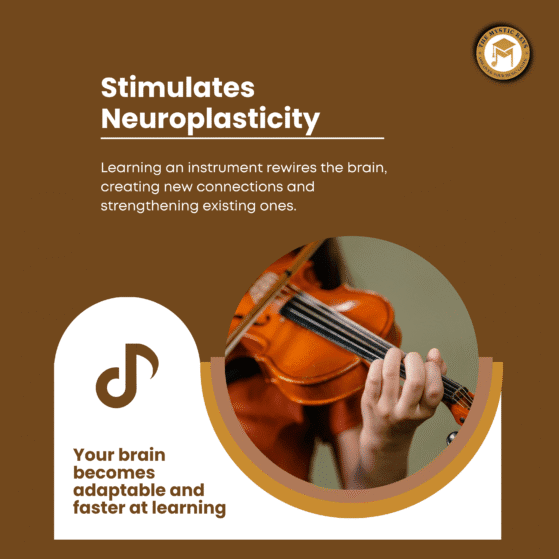
Music encourages thinking outside the box—whether improvising a melody or interpreting a song in a new way.
💡 Brain Boosts:
- Enhances creative thinking
- Develops pattern recognition
- Strengthens decision-making under pressure (especially in live performance)
Musicians learn to adapt, revise, and express—skills valuable in any career or life challenge.
7. Builds Discipline and Perseverance
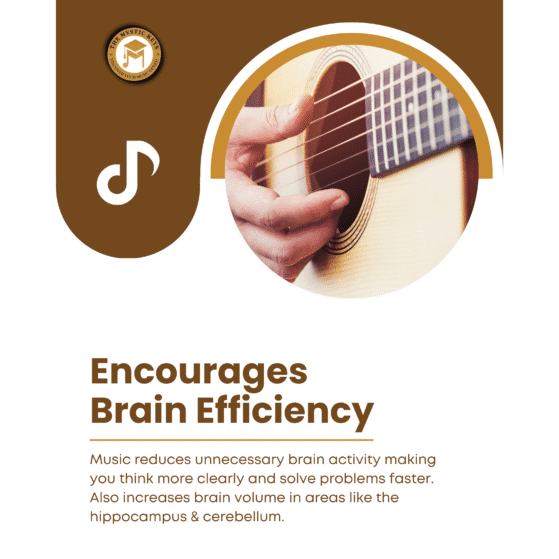
Learning music teaches students that success comes from practice, not shortcuts—one of the many cognitive benefits of playing an instrument that extends far beyond the music room.
🛠️ What It Builds:
Strong work ethic
Habit of goal setting and daily progress
Ability to handle mistakes and setbacks
These are life skills that transfer into academics, careers, and personal growth, shaping well-rounded individuals.
8. Enhances Language and Listening Skills
Musicians often develop better pronunciation, listening, and tone recognition, which aids in learning languages.
🗣️ Benefits:
- Improved phonetic awareness
- Faster language processing
- Greater vocabulary acquisition, especially in children
Bilingual students often perform better when they study music alongside language.
9. Delays Cognitive Decline in Older Adults
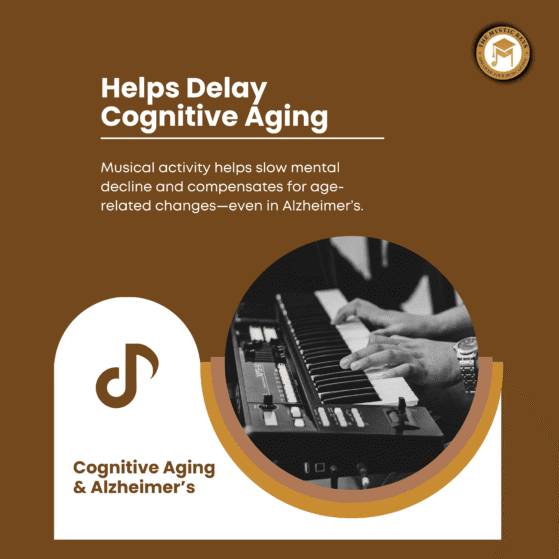
Music keeps the brain active and alert, even in older age.
🧓 Senior Benefits:
- Slows down age-related memory loss
- Keeps neuronal pathways active
- Enhances emotional well-being and social engagement
Research shows that learning an instrument after 60 still offers significant cognitive and emotional gains.
10. Music Is Fun—and That Makes Learning Stick
Because music is enjoyable, it activates the brain’s reward system, helping learners retain more and stay engaged longer.
😊 Positivity Factor:
- Releases dopamine, the “feel-good” chemical
- Increases motivation for continuous learning
- Builds positive habits and self-esteem
Students who enjoy their learning process are more likely to stick with it and succeed.
About The Mystic Keys – Where Music and Mind Grow Together
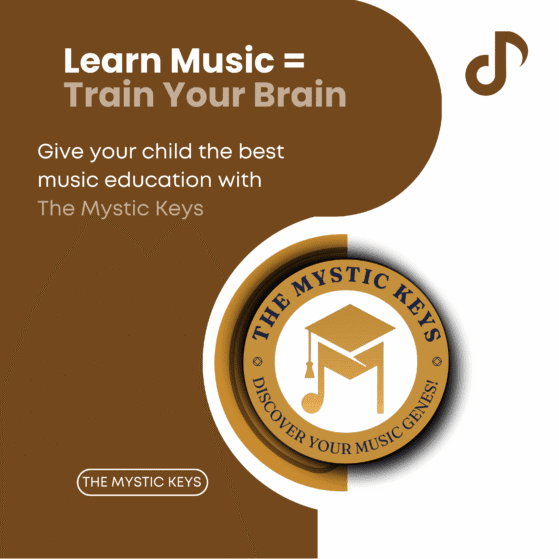
At The Mystic Keys, we don’t just teach students to play music—we empower them to think musically, creatively, and intelligently.
🎶 With our online one-on-one Zoom lessons, students receive:
- Personalized instruction from Grade 8 and Trinity-certified teachers
- Flexible scheduling
- Session notes, recordings, and performance guidance
- Ear training, theory, and creative expression
Whether you’re 5 or 50, our music education is structured, soulful, and scientifically supportive. We believe music isn’t just an art—it’s a brain-boosting life skills
Conclusion: Play Smarter, Think Sharper
From sharper memory and stronger focus to better coordination and emotional well-being, playing an instrument shapes your mind in powerful ways.
Whether you’re starting fresh or returning after years, every practice session is an investment in your mental clarity, creativity, and lifelong brain health.
🎵 Start playing. Start thinking. Start growing.
For more information and exciting resources about learning music, visit our website at The Mystic Keys. For more music content and exciting offers follow us on
Facebook, Instagram, YouTube, LinkedIn, Twitter, Pinterest, and Threads,
Related Blogs
Music Theory Guide For Beginner’s
This Music Theory Guide is perfect for beginners who want to understand how music works—from notes and scales to chords and rhythm. It lays a strong foundation that helps musicians of all levels gain clarity and confidence in their playing, composing, or singing.
The Best Way to Train Your Ear for Music
A well-trained ear is one of the most valuable tools any musician can have. Whether you’re a singer, instrumentalist, producer, or composer, your ability to recognize pitch, rhythm, harmony, and melody will significantly enhance your creativity and confidence.
The voice is an incredible gift. It’s how we sing, teach, inspire, and connect. But like any instrument, it needs proper care to remain strong, clear, and resilient. Vocal strain is a common challenge faced not only by singers, but also by teachers, speakers, coaches, content creators—anyone who relies on their voice daily.




